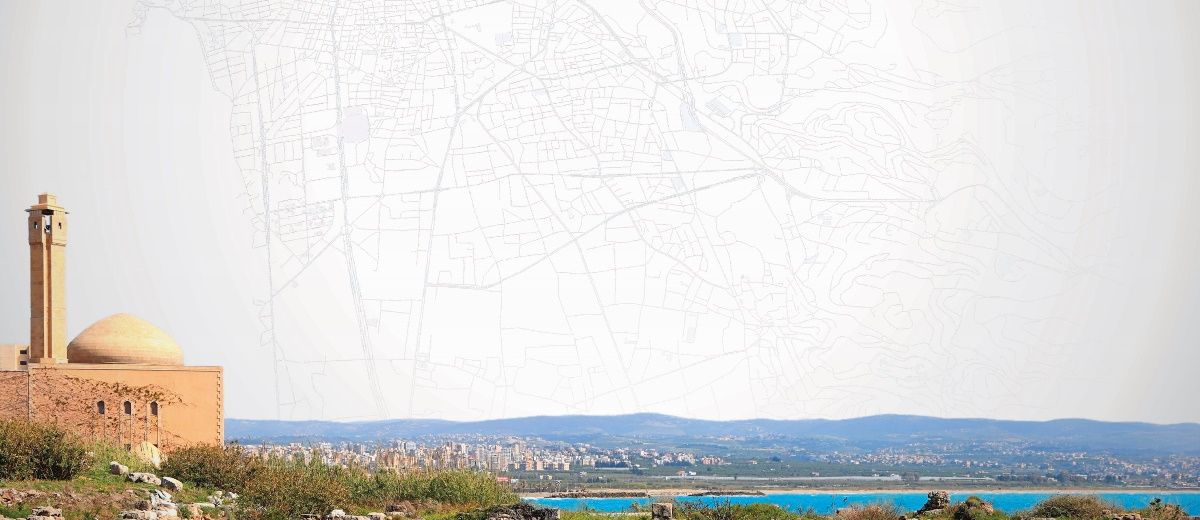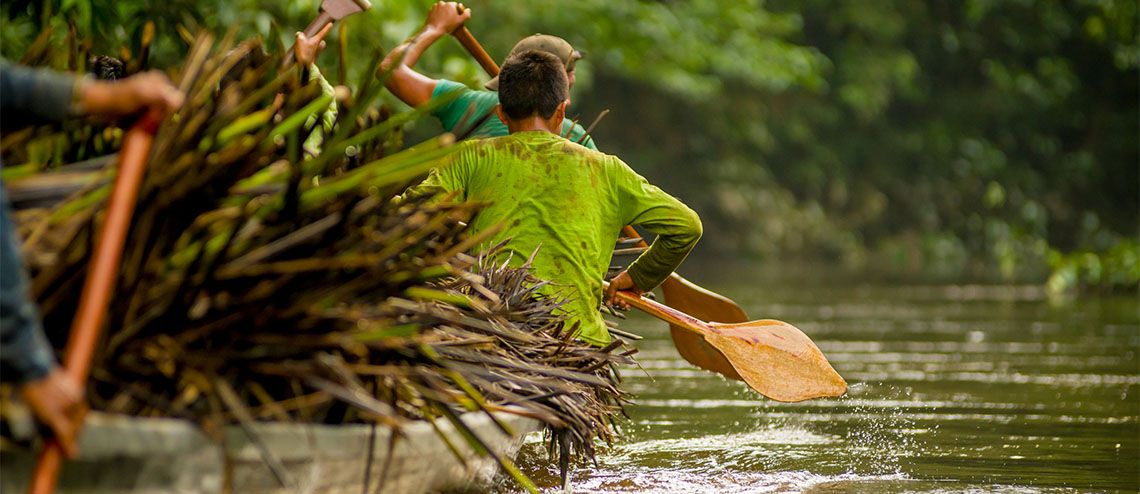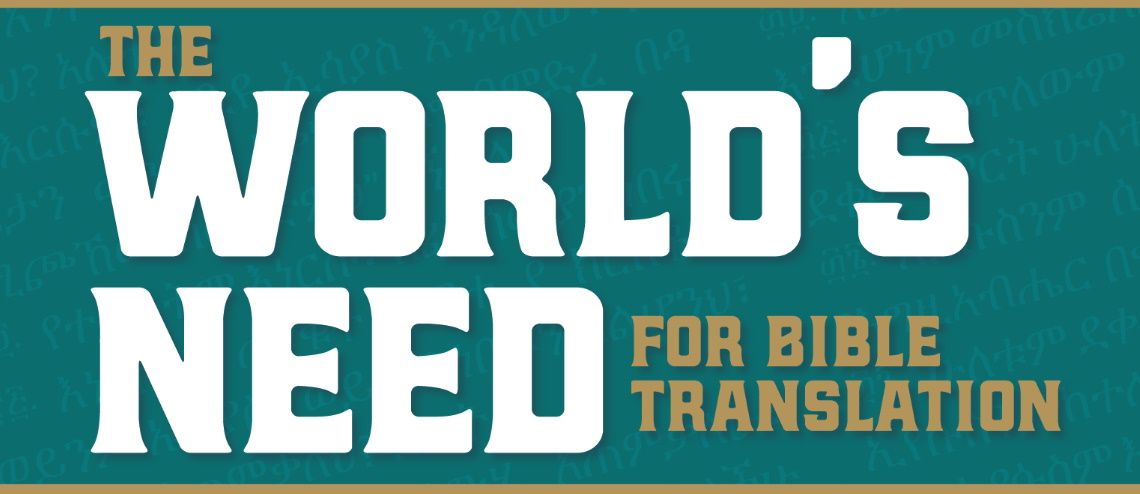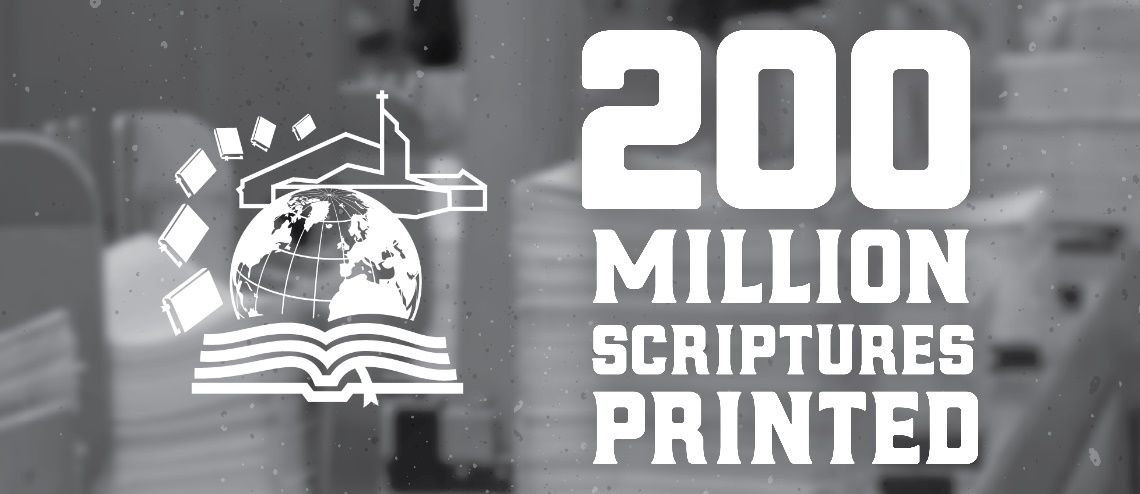A Discussion with Edgar & Rosann Feghaly

Edgar, since there are some reading this article who will not be familiar with you and your ministry, could you give us some background information about you and your family and how the Lord led you to minister in the Middle East?
I was born in Beirut, Lebanon and was led to Christ by an Independent Baptist missionary who came from America in the mid-50s. I was seven years old when I got saved. At the age of eleven I surrendered my life to serve the Lord; however, it was not until 1983 when God called me and my wife to leave Toronto, Canada and return to my homeland in order to reach my people with the Gospel. In spite of the Lebanese war that lasted fifteen years and killed 20% of the Lebanese people, the Lord enabled us to plant the Bible Baptist Church. Serving the Lord in Lebanon opened my eyes to the deterioration of the situation in the Middle East. In 2002 and after the First Gulf War, I could see where the Middle East was heading. When the Moslem countries declared that they do not want to allow foreign missionaries to evangelize their own people, I realized that something must be done.
Tell us about the training of nationals and how it factors in for a successful church plant.
In 1997, the Lord showed me that the Middle East can be reached with the Gospel if we can find faithful men and train them. The Lord led me to II Timothy 2:2 and pointed me to the fact that the Apostle Paul trained Timothy. I realized that these faithful men can be trained like Timothy. One of the things I noticed in the Middle East is that people there lack the understanding of the doctrines. During this period I was able to translate much of Biblical material to Arabic. I have 2 doctrinal discipleship courses that covers every major doctrine in the Bible. Each course is composed of thirty-six lessons that cover every aspect of Baptist doctrine.
How do you decide to plant a church in a certain area?
Since my background is Lebanon and my language is Arabic, I am able to communicate with those living in the Middle East. This gives me the advantage to be able to discern faithful men when I find them. Also, the Lord has given me friends everywhere.
Are Arabic Scriptures readily available? What other languages in the Middle East are in dire need of Scriptures?
The Arabic scriptures are already available. Basically everybody who lives in the Middle East can speak and read the Arabic language, even though there are some tribes who speak and read their own language. Generally, all of them are able to read the Arabic language.
Explain how your radio ministry has impacted evangelism and discipleship in the Middle East.
Iraq is the only Arabic country who gave us a license to broadcast the Gospel. In Baghdad, the capital city of Iraq, we have seen many Moslems and non-Moslems come to Christ as a result of listening to our radio station. Our station reaches the whole city and its suburbs with about One million listeners daily. Recently we found out that 96% of the listeners are Moslems.
How do you stay up-to-date on the ever-changing events in the Middle East? Are there specific periodicals or websites you could recommend to keep us better informed?
To keep informed of the current events, I go to Arabic media. I also listen constantly to the English broadcasts. Perhaps my greatest source of understanding the situation is when I am in the Middle East reading the daily papers and listening to what our pastors and other locals say.
In the years you have been ministering in the Middle East, what is the biggest change you have seen among missionary activity there?
My main observation is the lack of ability of the American missionaries to connect or comprehend the culture. The people in the Middle East are apprehensive about foreigners fearing that the government intelligence can easily watch a missionary to find out where the churches are.
Mrs. Feghaly, what do you view as your single most important contribution to the ministry of your husband in the Middle East?
Having been in the Middle East with my husband since 1985, I developed many friendships with many people and have learned the language. The people have accepted me throughout the years and no longer consider me as a foreigner. I take care of the office work so that my husband can concentrate on the ministry.
What are the major needs of Christian women in the Middle East?
One of the major needs of Christian women in the Middle East is that of encouragement. The pressures of the war are paying a heavy toll on them. In general Christians are living in fear, especially after the recent developments of ISIS. They need prayer that the Lord will protect them and supply their needs and the needs of their families.
What are the greatest prayer needs you both have, keeping in mind that this article will not be read until a few months from now?
Please pray for traveling mercies.
Please pray for our protection and for the protection of our churches as the situation is worsening and not improving in the Middle East.
God is giving us an opportunity to plant new churches, especially in the country of Egypt. Please pray that the Lord will provide the funds.
Please pray for our Bible conference that will be held in July 2015 in Egypt. Pray that many will be saved and the faithful be strengthened in the Lord.
Please pray that the Syrian government will give our church in the suburb of Damascus the license to hold public meetings.






